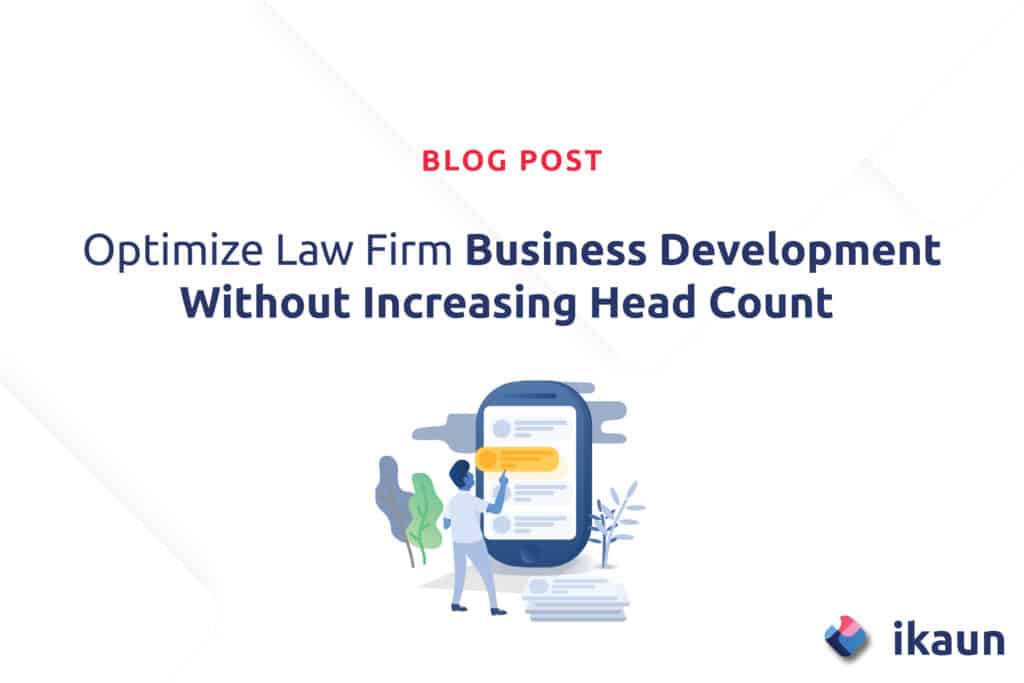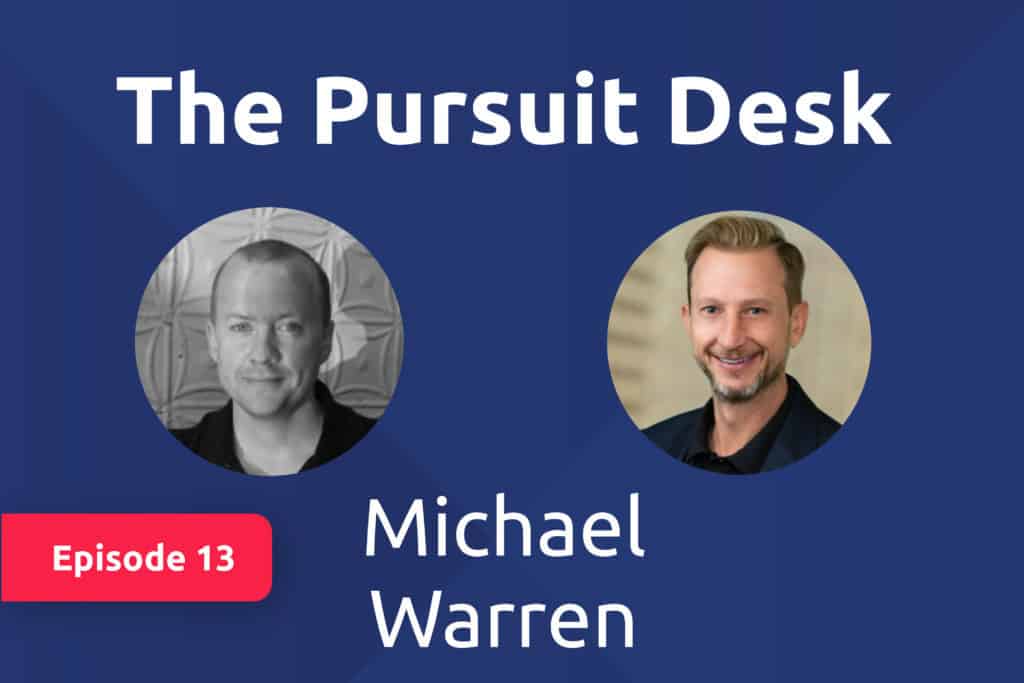
Zach Warren from LegalTech News wrote a great article today on how far the role of knowledge management has come in the past decade, and where it’s headed in the future.
In the article, he cites the fact that in a survey of 88 firms, 28 percent had a “director of knowledge management” or a similar title leading knowledge management (KM) operations, while an additional 14 percent featured a “chief knowledge officer” or a similar title.
Interestingly, the same ILTA survey revealed that 28 percent of firms expected to increase the number of full-time employees working on KM within the next 12 months, while just 2.2 percent expected to decrease that number.
The only issue that remains is, how exactly does KM fit into the modern law firm? Read an excerpt from the article below:
The Evolution of KM
Many legal innovations these days have their home in the U.S., but the knowledge management revolution is not one of them. Gary Sokulski, chief operating officer of Reed Smith, told Legaltech News that he first encountered KM after merging with a British firm, Warner Cranston, in 2001.
“We always thought the British firms had a more advanced view embracing knowledge, management knowledge and the like,” Sokulski says. “You always learn from your environment, I thought we learned a great deal from our British colleagues about the importance of technology and knowledge and information sharing.”
Ford joined Baker & McKenzie in June, but previously, he was at the forefront of the KM revolution as the leader of the global knowledge management team at U.K.-based Clifford Chance. He says that in his experience, the CKO should focus on three main areas: the content and technology itself, the systems that implement the technology (“Great content is no good unless people have access to it”), and the legal culture, both within KM community and with lawyers within the firm.
The last key, he notes, is often one that is forgotten. “Ultimately, that’s what I see the value of KM is about: Enabling all of our lawyers to deliver the whole firm,” Ford says. “The client is not just benefiting from the expertise and experience of the individual lawyer or even the team they’re interfacing with directly. They’re actually drawing on the experience and collective wisdom of the whole firm.”
Culture is particularly important, Ford says…

Intelligent Proposal Automation
With powerful document automation, ikaun enables firms to generate proposals, pitches, and legal submissions using dynamic, branded templates. Conditional logic, real-time data mapping, and seamless CRM integration ensure that ever document is accurate, compliant, and on-brand.

Experience Capture
ikaun serves as a centralized structured repository for firm knowledge, allowing teams to store, organize, and access critical business information efficiently. Customizable data fields, robust search, and automation rules ensure information remains accurate and easy to retrieve.

CVs and Biographies
ikaun captures and structures firm-wide experience, enabling teams to showcase expertise efficiently. Integrated attorney biographies and matter profiling provide instant access to relevant credentials, improving business development and cross-selling opportunities.

Award Submissions
Automating the directory submission process, ikaun collects relevant case studies, manages referee tracking, and formats entries to meet the exacting standards of legal ranking bodies. This reduces submission time while ensuring law firms present a compelling and competitive profile.

Seamless System Integrations
ikaun integrates with essential firm systems, including CRM, billing, experience databases, and marketing tools. Whether pulling structured data for proposal automation or pushing updates to a firm's website, ikaun ensures data flows seamlessly across the organization, eliminating redundancy and manual updates.






